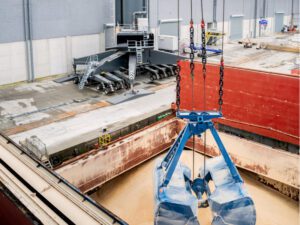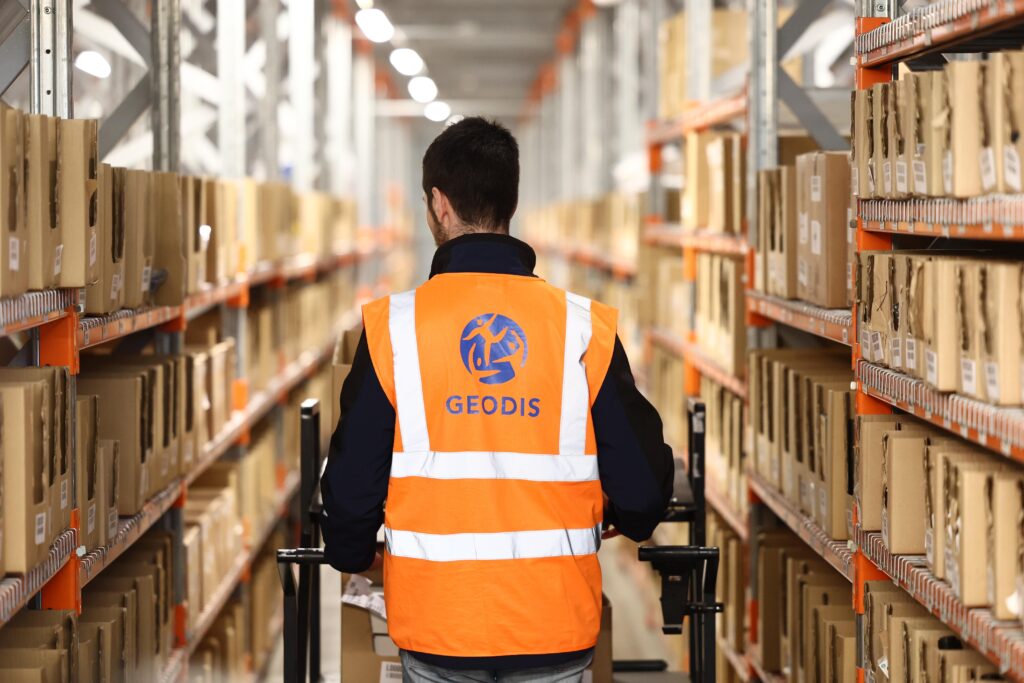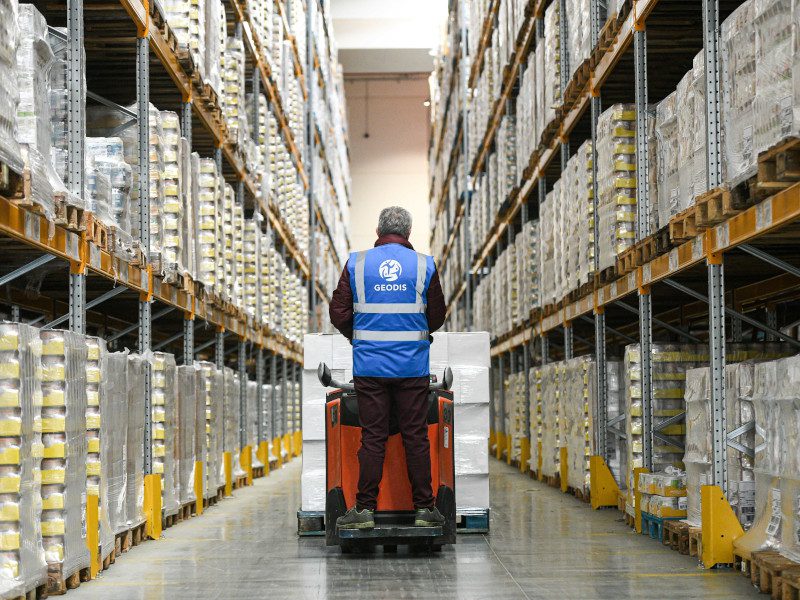Swamini Kulkarni, Content Writer at Allied Market Research, discusses the demand for secure, compact, and efficient railway connectors to cure new market players.
The demand for railway connectors has increased significantly over the last few years. These are the devices that are used to transmit data along with the rolling stock equipment and tracks. They are used for running the railways economically, signaling system & power transmission for trains, and keeping the train on schedule.
Railway connectors range from heavy-duty connectors to miniature connectors. The demand for railway connectors has increased in developed regions, especially in the UK, US, and France owing to a surge in industrial cargo activities.
Categories of railway connectors:
The railway connectors are vital components and therefore, are selected carefully according to the technical specifications of applications. Moreover, multiple electrical parameters including current and voltage are the prime parameters for railway connectors. There are some additional parameters that are taken into considerations including strength, impermeability, operating conditions, resistance to salt and flame, ease in handling, and the number of coupling cycles.
The circular railway connectors are the most popular and widely used in the railway industry, due to their ability to operate in harsh environmental conditions. Moreover, they are more robust and easy to handle, and suitable for reverse bayonet coupling. On the other hand, for higher power electric connections or where electric currents can reach 1000A, rectangular railway connectors are used. Modular connectors are used for a variety of applications including coaxial connection, data and Ethernet transmission, optical fiber, and power supplies.
Recent market growth of railway connectors
Moreover, Rise in number of passengers that choose railways and increase in demand for multiple types of wagons have increased the growth of the global railway connectors market across the globe.
However, the Covid-19 pandemic has negatively affected the railway connector industry due to strict restrictions on producers and lockdowns across European and Asian countries. Although railway connector is an evolving industry, the halt in production and installation of new railway connectors hampered the global business and disrupted the supply chain. In addition, the manufacturers of railway connectors have been facing challenges such as the closure of factors and unavailability of the workforce due to lockdown and restriction of social gathering.
The fast, reliable, and efficient transport systems demand railway connectors that can handle the complexity of technologies that are used for the manufacture of trains. The rolling stock is specially designed to operate continuously during harsh environmental conditions. Every day, locomotives are subject to heavy mechanical stresses due to continuous vibrations. Thus, the railway connectors must be robust enough to withstand harsh operating conditions. What’s more, the railway connectors are installed in exposed locations and thus, subject to extreme environmental and mechanical conditions.
Launch of new railway connectors Recently, Smiths Interconnect declared that it will release its new Intercompact Series. It will be a lightweight and ethernet PCB connector designed for rail and industrial applications as they demand stable connections.
Media contact
Rebecca Morpeth Spayne,
Editor, International Trade Magazine
Tel: +44 (0) 1622 823 922
Email: editor@logistics-buyer.com

























